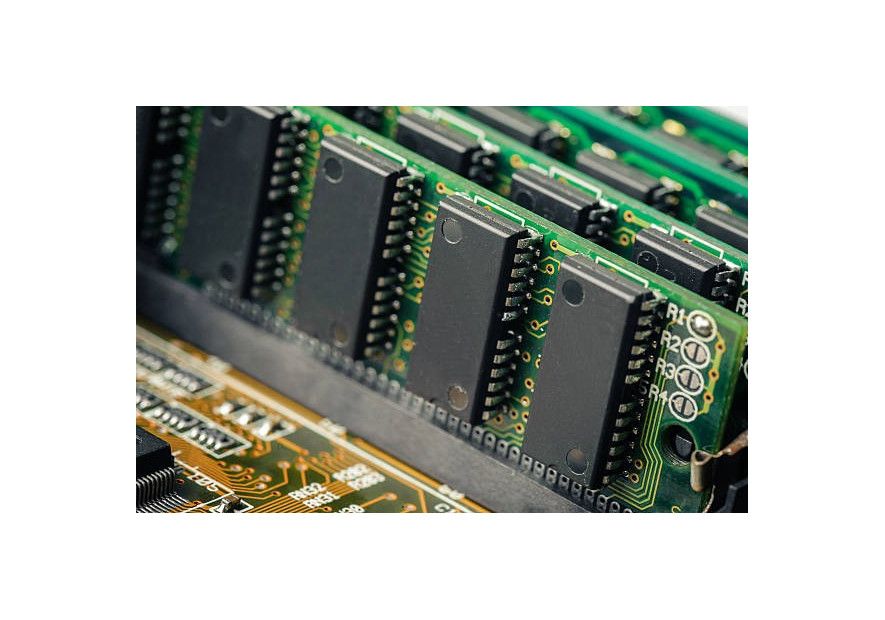Volatile vs Non-Volatile Memory - What Are The Differences?

When it comes to increasing RAM and discovering the benefits of more memory, there are several factors to consider. From how much additional space you need to the right types for your device and budget, it pays to work with an experienced team. During your research, you may have heard of the terms ‘volatile’ and ‘non-volatile’ member. In this blog, we’ll go over the differences and help you identify the right choice.
What is volatile memory?
Volatile computer memory only retains information while your device is switched on. RAM or random access memory, the type that your computer uses to run smoothly, is volatile memory. It will retain information about the programmes you’re using to help them load faster and run smoother.
Benefits
Volatile memory was designed to help computers run faster. It is quick and reliable – ideal for those who need to use multiple, heavy programmes at any given time. It is also best for working on sensitive or private information as the data surrounding this disappears after the computer has been shut down.
What is non-volatile memory?
In contrast, non-volatile memory is long term computer memory. It will continue to retain information about your activities and the programmes you use even after the device has been switched off. Examples include ROM (read-only memory), flash memory and many kinds of electronic storage solutions, such as traditional floppy discs and hard disks.
Benefits
The main type of non-volatile memory (ROM) offers benefits such as being easy to test and higher reliability. It cannot be easily altered or accidentally changed, therefore it offers better security for sensitive information. ROM is also considered a cheaper option. This type of memory is also less power-intensive and can be used to store data for an extended period of time, or permanently.
While there are differences between RAM and ROM, it is not a case of either-or. Computers need both to run effectively. Volatile memory (RAM) allows you to boot up programmes quickly and switch between them as needed. ROM is in place to hold the vital information and provide a secure holding place for this data.
At Server Memory, we specialise in the supply of computer memory and flash memory to the corporate world. We’re here to help when it comes time to upgrade your devices and maintain a smooth-running computing environment. Get in contact for more information and advice about both volatile and non-volatile memory today.



